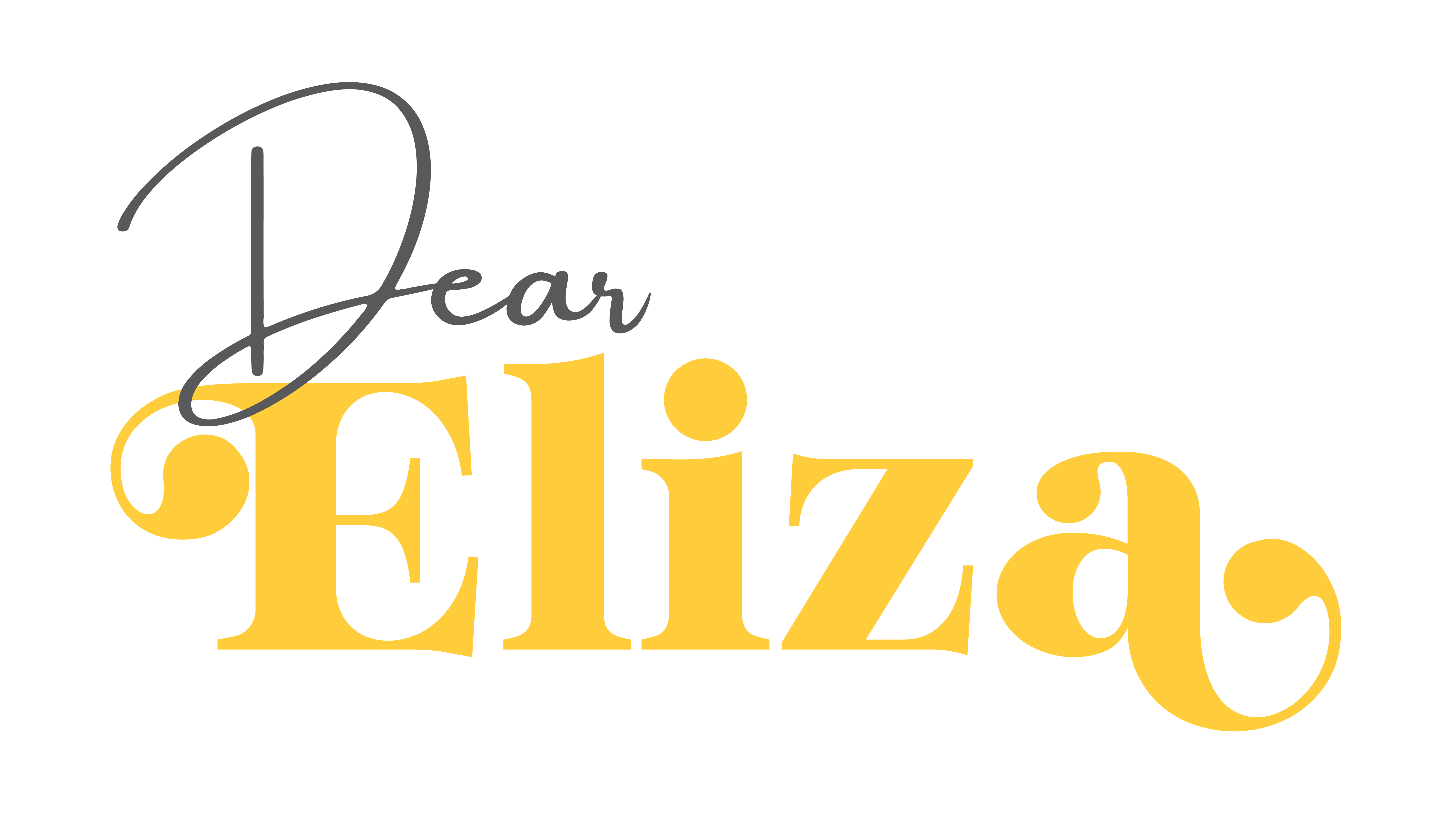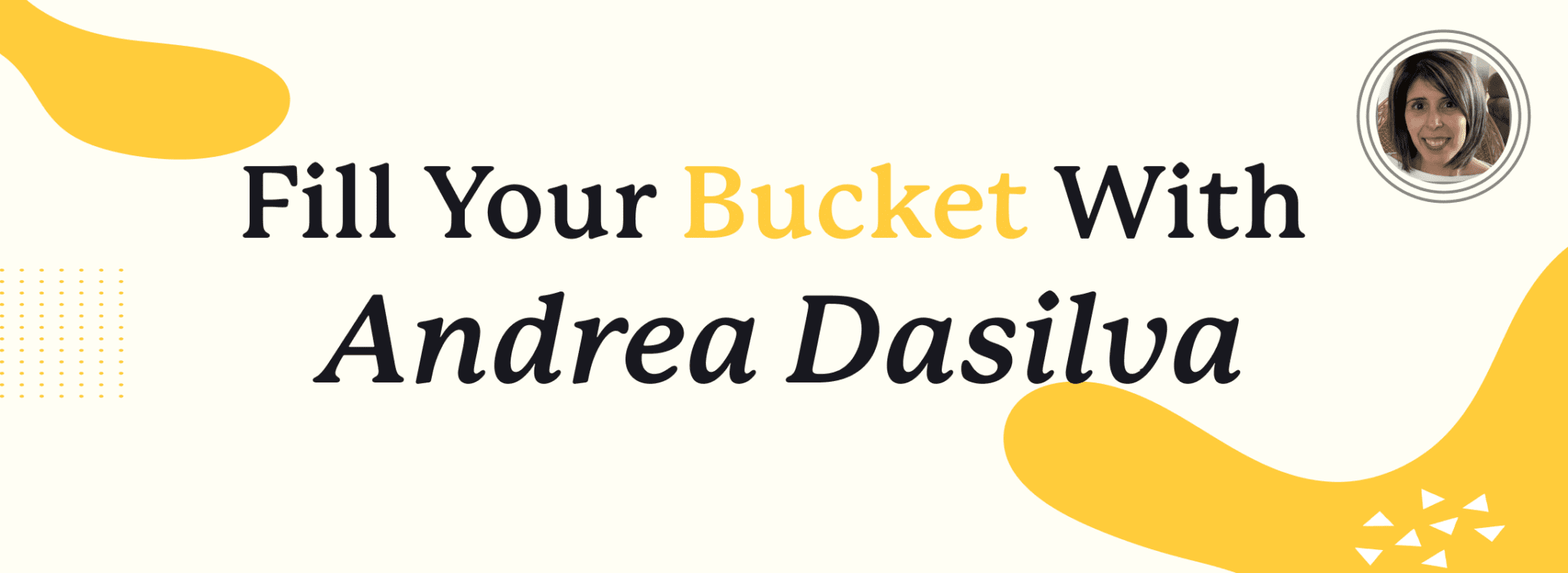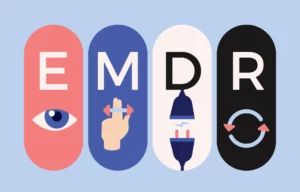Relating to yourself with self compassion might not make any sense. It is so radically different from many of the messages in our society advocating for pretty much the opposite! It could initially feel uncomfortable or nonsensical to offer yourself kindness or observe common humanity or maintain your presence during a difficult situation.
Many misconceptions about the usefulness of effectiveness of offering ourselves self compassion, how to even begin to do so, and how to practice this skill run rampant. Here are some clarifications of a few of such misunderstandings:
- Self Esteem
Self esteem and self compassion sound like could be similar yet are two very different constructs. Self esteem refers to our self evaluation or sense of self worth whereas self compassion refers to how we relate to ourselves and to the circumstances in life; it refers to the dignity of being human – which is often a tough project.
Self esteem could be thought of like a roller coaster ride: ups and downs, twists and turns, you never know for sure. It does not take much for a high sense of self esteem to plummet in a heartbeat (or vice versa). Self esteem is dependent on having done or not done or achieved something special.
Self compassion, on the other hand, is not about evaluations of the self; instead, it is based on the on the dignity inherent in us all. Regardless of whether or how much we do or do not succeed or achieve something, our dignity is not contingent on gains or losses. Self compassion is more like a scenic car ride: there are a few bumps and swerves every now and again – the ride itself is enjoyable. When we accept ourselves and our circumstances (good or bad) for what they are, without trying to change them, this is a dignified way of feeling good about you, no matter what. Before and after an event of whichever valence, self compassion holds strong.
- Self Pity
When we find ourselves in challenging or otherwise distressing circumstances, we often feel isolated or alone; as though we are the only ones to have tough times, while other people are much better off and have an easier existence. “Woe is me! Pity me! I sure do…”
Self compassion helps to broaden this narrow perspective: the element of common humanity serves as a reminder of our interconnection with everyone and everything else. We all suffer, to varied intensities or durations, no one is exempt from tough times! During these tough times, the mind gets clouded and it is difficult to remember that we are all in this together. Rather than feeling sorry for ourselves, we
could actually feel really connected with others. It is not “just me”; rather it is “our shared experience”. We are all on “team us” rather than a singled out “team me”.
- Self Indulgence
Another reason some people hesitant to practice self compassion is with regard to concerns that doing so might result in being (or being considered) self indulgent, as though being self compassionate is somehow like giving yourself “permission” to do whatever you want. As an example: if a person were to devour an entire chocolate cake after a tough day at the office and insist that he was just being self compassionate, that would not be the case. This is self indulgence.
Self compassion means that you want to be happy and healthy in the long term, even when there are challenges in the short term. Caring and valuing yourself with self compassion involves asking yourself what you really need in that moment to help yourself best. Would scarfing down an entire box of rocky road brownies help you to feel healthy, motivated, and satisfied in the long run? Probably not… Rather, perhaps a ripe piece of sweet fruit might hit the spot – literally and figuratively…
- Help Yourself First
We don’t hear that often! In our society, helping others comes first – this is an admirable and empathic intention intention. Pema Chodron, an American Tibetan Buddhist, has offered a drastically different perspective: “In order to have compassion for others, we have to have compassion for ourselves” (2010, cf Desmond, 2016). Think of were last on a plane and call to mind safety instructions given by flight attendants: in the event the air pressure in the cabin drops, you are advised to put your own oxygen mask on first before helping others. , even small children. Why? Wouldn’t that be selfish? We need sufficient amounts of oxygen before we can help others to do likewise. The same is true for self compassion: we need a good supply of it within before we can help others find theirs. We simply cannot pour from an empty cup!
Again, self compassion is a gift to you from you – when you need it most.




